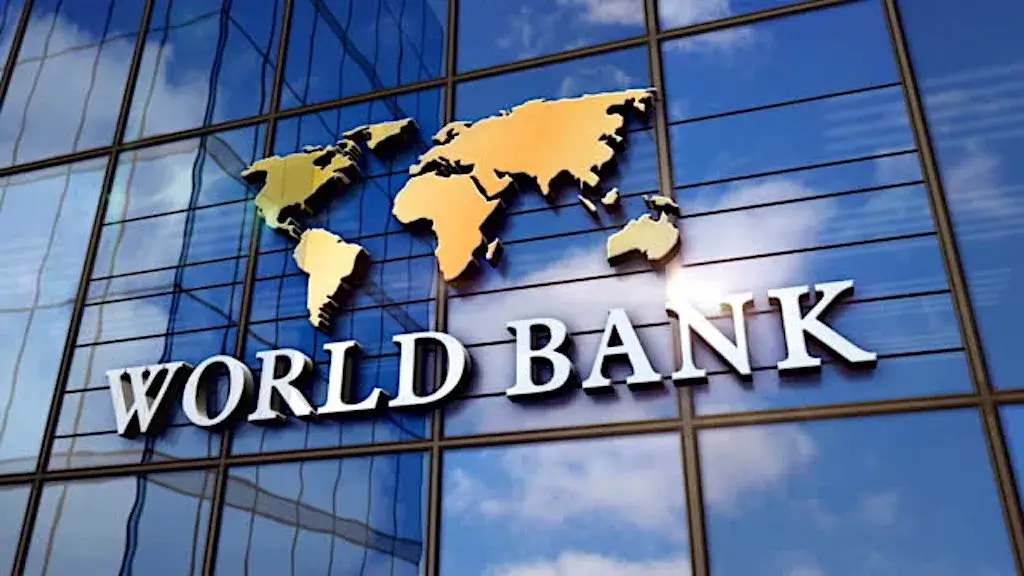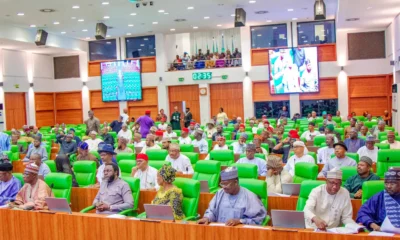Business
World Bank Bans Two Nigerian Firms Over Corruption
By Benjamin Abioye

The World Bank has banned two Nigerian companies, Viva Atlantic Limited and Technology House Limited, along with their CEO, Norman Didam, for 30 months over alleged corruption.
The ban means they cannot participate in any World Bank-funded projects during this period.
According to the World Bank, the sanctions stem from findings of fraudulent and corrupt practices linked to the National Social Safety Nets Project (NSSNP). This initiative was designed to provide financial aid to impoverished and vulnerable households.
The investigation revealed that the firms and Didam concealed conflicts of interest in their bid documents and obtained confidential tender information from public officials, which the World Bank classified as fraudulent and collusive behavior.
Additionally, Viva Atlantic Limited and Didam were found to have falsified experience records, submitted fake manufacturer authorization letters, and offered incentives to public officials involved in the project. These actions violated the World Bank’s Anti-Corruption Framework.
In a statement, the World Bank said:
“The World Bank Group today announced the 30-month debarment of two Nigeria-based companies, Viva Atlantic Limited and Technology House Limited, and their Managing Director and Chief Executive Officer Mr. Norman Bwuruk Didam.
“The debarment is in connection with alleged fraudulent, collusive and corrupt practices as part of the National Social Safety Nets Project in Nigeria.
“According to the facts of the case and the general principles of the World Bank’s Anticorruption Framework, in connection with a 2018 procurement and subsequent contract, Viva Atlantic Limited, Technology House Limited, and Mr. Didam misrepresented a conflict of interest in the companies’ Letter of Bids and received confidential tender information from public officials, which constituted fraudulent and collusive practices, respectively.
“Further, Viva Atlantic Limited and Mr. Didam misrepresented Viva Atlantic Limited’s experience and submitted falsified manufacturer’s authorisation letters, as well as offered and provided things of value to project public officials. These actions were fraudulent and corrupt practices, respectively.”
The World Bank also noted that all parties accepted responsibility and agreed to implement strict compliance measures as a condition for lifting the ban.
Send Us A Press Statement Advertise With Us Contact Us
And For More Nigerian News Visit GWG.NG













